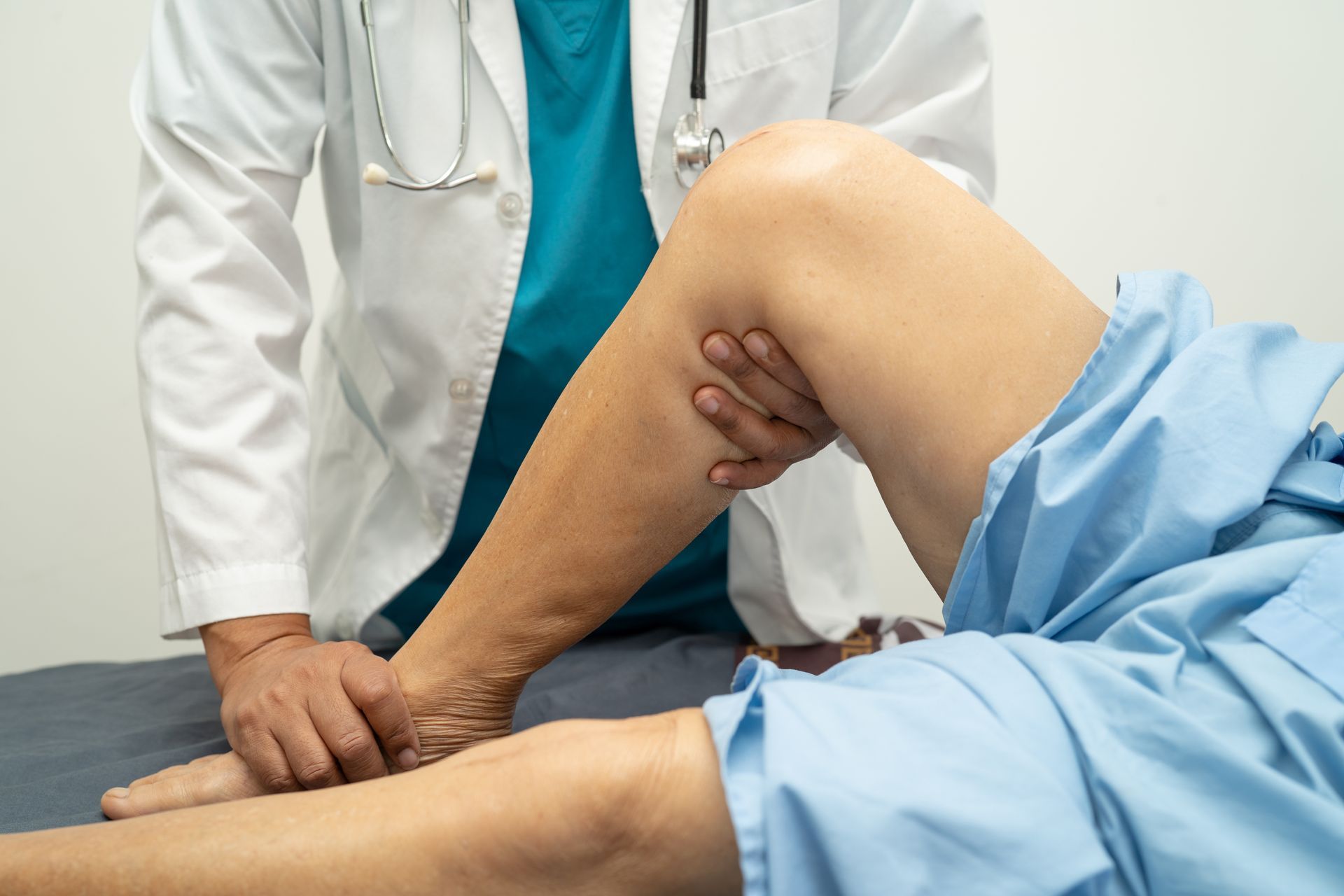Osteoporosis is a condition characterized by weakened bones that are more susceptible to fractures. As bones lose mass, they become fragile and brittle, making even minor falls or bumps a potential cause for a broken bone. This condition is often referred to as a silent disease because it progresses without obvious symptoms until a fracture occurs, often in the hip, shoulder, or wrist.
Preventing osteoporosis is crucial because the consequences of the disease can be severe and life-altering. Fractures can lead to chronic pain, disability, and loss of independence, particularly in older adults. They can also lead to a downward spiral in overall health, with reduced activity levels contributing to further bone loss and muscle weakening.
Understanding Osteoporosis and Its Impact on Bone Health
Bone is a living tissue that constantly undergoes a process called remodeling, where old bone is broken down and replaced with new bone. During childhood and adolescence, bone formation occurs more quickly than it is broken down, allowing for stronger, denser bones. In a person with osteoporosis, the formation of new bone tissue doesn't keep pace with the removal of old bone tissue, leading to a decrease in bone density and structural integrity.
Since osteoporosis has few noticeable symptoms in the early stages, it is important to understand your risk factors for developing the disease and take a proactive approach to creating and maintaining strong bones. Among the risk factors included are aging, sex, hormonal changes, certain health conditions, diet, certain medications, and smoking.
How Can I Build and Maintain Strong Bones?
Proper nutrition plays a vital role in building and maintaining strong bones. Calcium and vitamin D are the most essential nutrients for bone health. Calcium serves as a building block for bones, while vitamin D improves calcium absorption and bone growth. Other important nutrients include magnesium, vitamin K, and protein. If you are unable to get enough of these nutrients through your diet, you can take a supplement to ensure you are getting the recommended levels each day.
Engaging in regular weight-bearing exercises is one of the most effective ways to stimulate bone formation and increase bone density. Exercise, like walking, jogging, and hiking, forces your bones to work against gravity, encouraging the production of new bone tissue. Strength training, such as using weights or resistance bands, helps build muscle mass that supports and protects the bones. The benefits of physical activity are cumulative, meaning that the more regularly you engage in these exercises, the more you'll protect and strengthen your bones over time.
While nutrition and exercise are vital, the impact of daily habits on bone health should not be underestimated. Lifestyle choices play a significant role in determining bone health, influencing both bone density and overall strength. Smoking interferes with the body's ability to absorb calcium. Excessive alcohol consumption disrupts calcium and hormone levels, which are crucial to bone health. Chronic dehydration can leach essential minerals from bones, leading to weaker, more brittle bones. Quitting smoking, curbing alcohol intake, and ensuring adequate hydration will assist in maintaining healthy bones.
Monitoring Bone Health For Signs of Osteoporosis
Medical interventions and regular monitoring are important components of maintaining bone health, particularly as you age or if you have risk factors for bone-related conditions like osteoporosis. These proactive measures help identify bone health issues early, manage existing conditions, and prevent future complications.
Regular bone density tests, especially for those over the age of 50 or with risk factors for the disease, can help detect osteoporosis before a fracture occurs and can also track the effectiveness of ongoing treatments.
If bone density testing reveals low levels of essential minerals in your bones, you could be at greater risk of fractures and osteoporosis. You may require prescription medications such as a bisphosphonate to slow down the breakdown of old bone and allow more time for new bone to form.
Consult with an experienced healthcare provider if you have increased risk factors for osteoporosis or if you notice symptoms that could be indicative of bone loss, such as stooped posture, loss in height, or a fracture from a minor incident. All of our orthopedic physicians at the Bone and Joint Clinic are qualified to treat this condition and can offer you personalized advice on prevention, testing, and treatment options. Schedule your appointment today.




